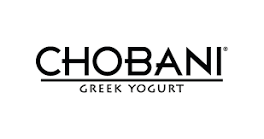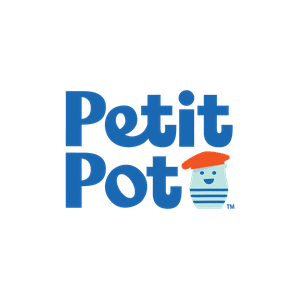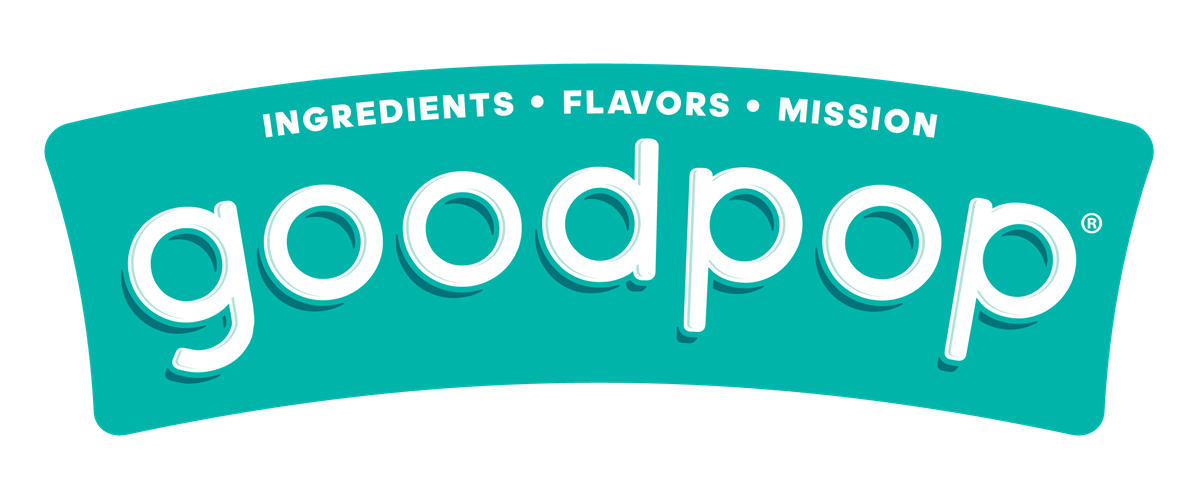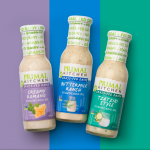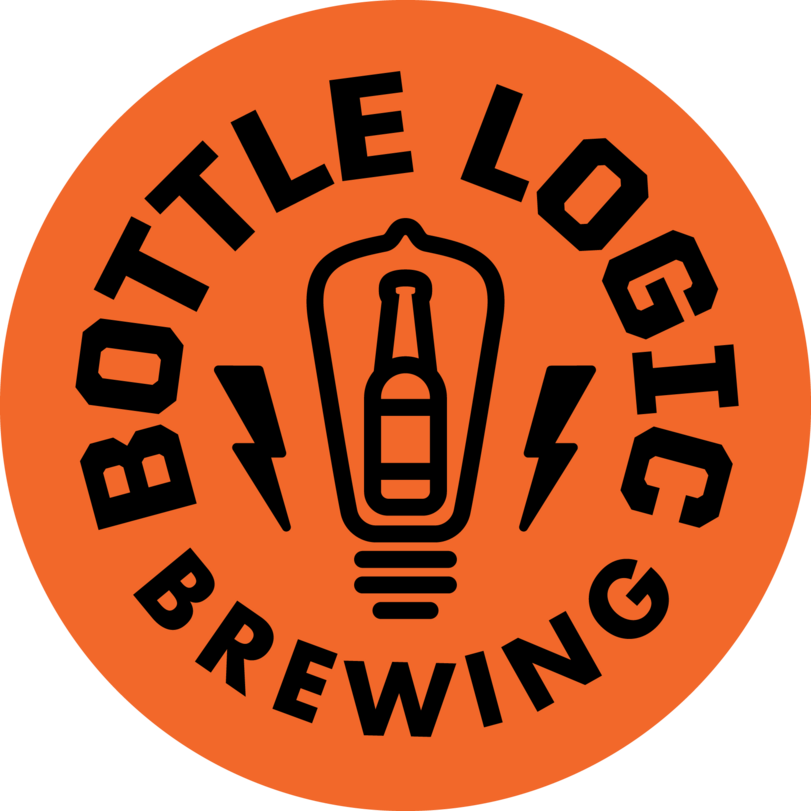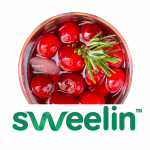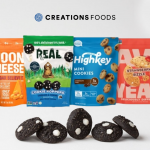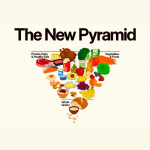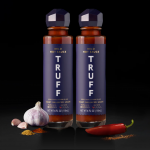UNSTUCK Launches New Products, Celebrates ‘Friction-less’ Model Success

After a successful first year of operation, refugee-employment initiative UNSTUCK has announced a slew of new partnerships and co-branded SKUs to support its growing supplier network which is composed of companies committed to hiring refugees, helping them economically integrate into their new host community.
With six brands now on board, UNSTUCK is now supported by seven new products: Chobani Vanilla Greek Yogurt with Tropical Fruit, That’s it. Mango Probiotic Fruit Bar, La Colombe Monaco Medium Roast Coffee, GoodPop Mango Chile popsicle, Petit Pot Dark Chocolate Organic French Dessert, Pitaya Foods Natural Passion Fruit Pieces and Organic Avocado Pieces.
These new products are proof that this nonprofit model works, said Nick O’Flaherty, Director of UNSTUCK at The Tent Partnership. He said one of the main challenges to expanding the program was getting brands and suppliers to understand that the model is easy to integrate and, rather than a one-off cash injection, it can generate systemic change in regions with large refugee populations.
“You can imagine in the last year, having any conversation that involves the word supply chain or suppliers was a difficult hurdle to cross,” said O’Flaherty. “But the brand partners [soon] saw that this wasn’t going to be disruptive, that the model was frictionless and that we provided any additional support that was required.”
“It’s almost like we needed to create a new category [of nonprofits] where, this is business as usual and brands aren’t sacrificing anything” he continued. “The model is designed to be as sustainable as possible because the issue we’re addressing is systemic, needs long term partnerships and it needs something sustainable.”
What is UNSTUCK?
Launched last June, UNSTUCK is a consumer-facing initiative developed by the Tent Partnership for Refugees, a non-profit organization co-founded by Chobani CEO, Hamdi Ulukaya, that mentors and supports displaced people. UNSTUCK works with directly with brand partners to identify a potential SKU, either existing or new, and determine what ingredients can be sourced from refugee-hosting regions to make a co-branded product.
Next, the organization matches the brand with potential suppliers in its network or works with new suppliers and local NGOs to implement refugee hiring programs. Once the SKU has been developed, UNSTUCK provides branding guidelines but otherwise lets the brand “do what they do best, which is creating these amazing products,” according to O’Flaherty.
“We provide any additional resources or technical expertise that they may not have in order to successfully hire and integrate refugee talent [into their supply chain] without much of an additional lift,” he said. “We try to take out any disruption and be as frictionless as possible in that whole process.”
This initial brand cohort sources UNSTUCK ingredients from suppliers in Colombia and Peru. O’Flaherty noted that while the program has the strongest supplier relationships in Latin America due to its past work in the region, it intends to help support refugees through this program across the globe.
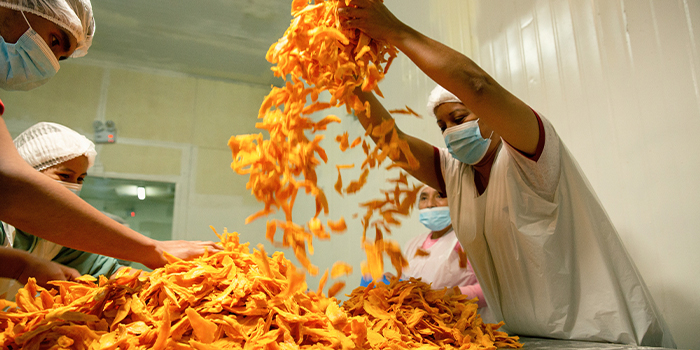
UNSTUCK’s debut co-branded SKU with Chobani, a Mango & Cream Greek yogurt, established a proof of concept for the initiative, said O’Flaherty and gave it something to point to when it began working with new potential partner brands. The first year also allowed UNSTUCK “to be confident in the business model and operating model overall,” he said. Although the debut SKU had limited distribution, it was successful in the markets it was available in and allowed them to “kick the tires” on the program before deploying it on a larger scale.
What’s next?
UNSTUCK is now working toward its three-year goal of helping existing suppliers expand their workforce to be made up of 20% refugees. The program is also in talks with a few other brand partners including Tony’s Chocolonely and aims to continue bringing more brands, products and suppliers on board.
Although not every ingredient in an UNSTUCK product comes from a refugee supporting supplier, O’Flaherty said this new cohort has taken some matters into their own hands, creating an unintended but positive ripple effect of refugee hiring outside of the program.
“Our brand partners are [now] looking to other suppliers in their supply chain to expand hiring opportunities, and in some cases, it’s happening organically,” said O’Flaherty. “The power of a brand’s supply chain to create those jobs is exponentially more than the brands hiring themselves and it’s really exciting to see.”

What’s the impact?
A heightened interest in supply chain functions has also been gaining traction among consumers due to the disruptions of the past year. O’Flaherty said the consumer demand for more transparency throughout the value chain has been an unanticipated, positive outcome of the otherwise negative situation.
“Having this as a mechanism to bring brands and their suppliers closer over a shared mission, over shared values is really important,” said O’Flaherty. “Not only for the long term success of those brands, but also for consumers [loyalty]. Having that visibility and knowing that brands are careful about where they’re sourcing from, and it’s not just a commodity that they are sourcing, it has an impact on people’s livelihoods and impact on communities where they source.”
He said UNSTUCK wants to ensure these long term partnerships and each SKU are successful and the program has recently launched its first awareness campaign. As it looks to its next stage of growth O’Flaherty emphasized that the impetus behind the mission is to continue to cultivate and expand its supplier network with a focus on emerging economies hosting large numbers of refugees.
Over the next five years, UNSTUCK also aims to reach beyond food and into apparel, personal care and home goods, among other sectors. By expanding its presence, it aims to help the increasing number of refugees economically integrate into their new host country. O’Flaherty highlighted the urgency of this issue, noting that since the initiative launched last year, the number of refugees has also increased, from approximately 30 million to 36 million, due to humanitarian and political crises in countries like Ukraine, Afghanistan, Myanmar.
“The numbers have increased, the years of displacements continue to be protracted, [which] changes from region to region, but it could span through a generation,” he said. “The need for job creation and a sustainable approach to integration for refugees has never been more important.”

